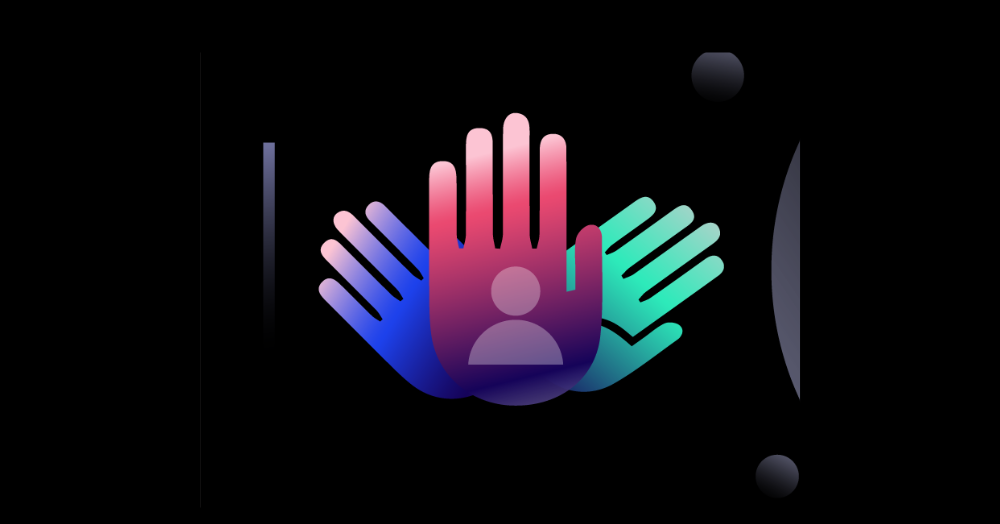Evolving Treatment Decisions in gMG
Generalized Myasthenia Gravis (gMG) is a rare autoimmune neuromuscular disorder that presents healthcare professionals (HCPs) and patients with new treatment pathways. The management of gMG requires careful consideration as each patient’s circumstances are unique especially as recent advancements in monoclonal antibodies and targeted therapies now offer alternatives to traditional broad immunosuppressing agents. These treatments are designed to address the disease with improved precision, with potentially drastic improvements in long-term outcomes.
For pharmaceutical professionals, understanding the evolving nature of doctor-patient conversations is essential. Clinical recording research provides a valuable look into these dialogues, capturing the nuances that can help shape effective product launches and communication strategies.
Monoclonal Antibodies and Targeted Therapies: A Contemporary Shift in gMG Treatment
Historically, steroids and other immunosuppressants have been a mainstay for managing Myasthenia Gravis. Over time, the focus has shifted toward newer therapies that target specific disease mechanisms. These treatments are developed to replace broad immunosuppressing agents, potentially lowering the risk of systemic side effects while offering improved long-term management of gMG symptoms.
For example, clinical recordings reveal a neurologist explaining during a patient consultation:
This direct approach demonstrates the challenges of balancing immediate symptom relief with sustainable disease control in a clear and measured manner.
Listening to the Patient Perspective: A New Lens on Informed Decision-Making
Using clinical recording research, market insights professionals can better understand patient concerns that often influence treatment choices.
In this example, a neurologist finishes presenting treatment options and we hear the patient voice their preferences:
Patient: I think I want to do the one that I give myself because I don't want to have to go somewhere every eight weeks.
Such examples illustrate how HCPs frame treatment trade-offs, clearly communicating the differences between immediate symptom management and the benefits of precisely targeted therapies. These insights prove beneficial in refining messaging, ensuring that both clinicians and patients are aware of realistic expectations regarding treatment timelines and benefits.
Key Themes from gMG Conversations
Analysis of clinical recordings has highlighted recurring themes within HCP-patient discussions, including:
- Trade-Off Considerations: Patients weigh the time investment of infusions against the long-term advantages of targeted treatments.
- Curiosity: Patients often request clarification on side effects, with clear, information-seeking questions.
- Quality of Life Impact: Patients focus on the logistics of labs and administration while doctors bring up the potential for improved long-term quality of life.
These themes guide pharma professionals in aligning treatment messages with both scientific data and patient experiences.
Translating Conversations into Actionable Insights
Pharmaceutical stakeholders can use the insights derived from clinical recording research to inform multiple strategic areas:
- Align Messaging: Develop messaging that clearly explains the benefits of targeted therapies, using the lexicon that your target populations use.
- Focused Responses to Pushback: Prepare doctors with educational resources so that providers can effectively communicate the advantages and trade-offs between traditional immunosuppressants and side effects associated with biologics.
- Drive Strategies: Use real-world examples to support insights and bring energy to new programs by including the patient’s voice in your training content.
Conclusion: Listening as a Strategy for Patient-Centered Success
In the dynamic landscape of Myasthenia Gravis treatment, the shift toward monoclonal antibodies and targeted therapies demands clear, balanced conversations between healthcare providers and patients. Clinical recording research captures real-world examples of dialogues and provides strategic and actionable insights for patient-centric organizations.
Pharma professionals who prioritize these insights can help ensure that innovative treatments are presented with clarity and precision—ultimately supporting better-informed treatment decisions and improved patient care.
Want to find out how easy AI makes it to integrate patient voice into your market strategy? Contact us to learn more about clinical recording research.
Get in touch with us for more information


